Project 2025 is a political initiative by the Heritage Foundation and was initially published in April of 2023. It is a conservative project, with plans such as: mass-deportations, closing the Department of Education, getting rid of funding for research and investment in renewable energy and more. If you have been up-to-date with the news recently, you will notice that many of these plans align with the U.S. President Donald Trump’s plans for the future.
President Trump has already made moves to dismantle the Department of Education, as well as begin ICE (Immigration and Customs Enforcement) mass-deportations across the country, including in California, a state with large numbers of immigrants. However, one of the biggest concerns in terms of education and Project 2025, is all the proposed book bans under this movement. Books from our own library such as “both sides now” by Peyton Thomas and “The Hate U Give” by Angie Thomas would be banned, as well as famously banned books such as “To Kill a Mockingbird” by Harper Lee and “Fahrenheit 451” by Ray Bradbury. Adrienne Marriott, the full-time librarian at BVH, shares her point of view on how the bans would affect educators.
“I think that one of the biggest problems with book bans is that it makes teachers and librarians fearful. So, they might just avoid choosing a book that might be really challenging and thought provoking because they are afraid that someones going to “challenge” that book” Marriott said. “I understand that because it is a lot of work as an educator or as a librarian to respond to a book challenge, but, really if we are only presenting students with a very narrow viewpoint we are doing them a disservice.”
Challenging a book refers to expressing a discontent with a book and attempting to get them taken out of a library or curriculum. In simple terms, it is a complaint made with the objective of censoring whatever the person or a certain group of people did not agree with. As Marriott explained, when a book wants to be taught by teachers or librarians and the book that is in their library gets challenged, it complicates things. Because of this complication, students might not get to learn and expand their worldviews with perspectives different from their own, resulting in a less informed society. BVH IB English HL 1 , IB English HL 2 and English 9 teacher, Raymond Chhan, provides his belief on why people might feel like they have to ban books.
“I think [people ban books] because it does not necessarily agree with their political and social beliefs. [The biggest effect of that is that] ignorance becomes more accepted. People do not have exposure to ideas that might be different from theirs. It is silencing different authors that have something to contribute to a larger discussion,” Chhan said.
By eliminating anything that does not fit in with the politics of a certain group–in this case everyone involved with Project 2025–it silences the other side of the story. Ignorance is an extremely dangerous thing and part of why receiving a diverse education is so important. Without knowledge, there can not be a deeper understanding of significant topics in our current society. Don Dumas, a previous history teacher at BVH who now works for SUHSD, explains the implications of removing books regarding historical topics from curriculum and libraries.
“If teachers are not allowed to teach about the complex problems of the past and how people work to overcome those problems, then people today will not know how to overcome their problems. That is what a big misunderstanding is for the people who support book bannings or support ridding schools of any sort of critical look at U.S. history, is that the U.S. has overcome tremendous problems,” Dumas said. “We should be teaching about that, when you teach about the problem you also teach about the solution. So, we are essentially creating a generation of people that are going to be unable to solve complex problems because they do not have any examples. If we try to teach that it is great now and that it has always been great, then current problems will not be solved.”
We are told again and again that history is taught in order to not be repeated, but what happens when that very history is not accessible to all students and schools? To some it might not seem like a big deal, because they are just books. However, it is impossible to ignore what book banning and mass censorship has done to societies in the past.
“If you look at dictators throughout history, the way they control people is by controlling the information and making themselves the only thing there. [With] Pinochet in Chile, same thing, information was suppressed. Controlling information is really sort of controlling a population,” Marriott shares. Dumas also comments on specific negative consequences of censorship, “Innocent people or people who have not committed any other crime besides having a different world view have been arrested, people have lost jobs, people have been killed even for their ideas that go against the power structure. So book banning is quite literally a life and death struggle for many people.”
In the United States, the First amendment–freedom of speech–is something many people value greatly. The attempt to ban books due to not agreeing with the ideas in them directly violates that amendment. Project 2025 specifically aims to ban books revolving around political ideas opposing their own, LGBTQ+ topics, critical race theory and more. Marriott shares what that would mean for the BVH library.
“It would be a huge change. In particular because as a librarian I make my best effort to find books that reflect this diversity in topics and viewpoints. The American library association guidelines, which are what I model my own selection criteria after, really encourage having diverse views in the library. We can not just censor people like that,” Marriott said.
As Marriott notes, our own library would experience a significant change. This is especially unfortunate since back in Sept. of 2024, the BVH library received a major expansion. This expansion mainly included the addition of more graphic novels and manga, some of which do deal with the themes Project 2025 wishes to censor. However, some people believe that there are certain times in which censorship is acceptable in an academic setting.
“I think that censorship is a touchy subject overall. I think it depends on the context. When students are not mature enough to handle a text, then maybe censorship can be appropriate. But, if the texts are banned for political motivations or just because people do not want that type of text to have that exposure because of different societal beliefs, it can be very harmful,” Chhan said.
When it comes to our society as a whole, remaining educated about a variety of subjects and cultures is fundamental, because not only does being educated help individuals, but it helps the entirety of a group of people to make a change. Dumas expands on this idea by explaining just how knowledge has helped people better the world.
“Our system is fundamentally unjust and unequal. Over the years, that injustice has been lessened little by little. Knowledge and collective work is what’s responsible for making our society closer to a just society. When it comes to an unequal society, some people benefit and some people do not,’’ Dumas said. “The more people that are aware of the inequality and the more people [that] realize their collective power, then the more the people who benefit from the inequality are threatened. So, banning books is a blatant attempt to prevent society from becoming more equal and just.”
By keeping people ignorant, it takes away the potential power we have as a collective society. In the past, people have banded together to do infamously horrible things, but the opposite is true as well, the civil rights movement, the feminist movement and so many more are proof of this. When we as a society do not have the knowledge and resources needed to make these bold statements and take a stand on real issues, it diminishes the chances of a fairer society. Another aspect of Project 2025 that causes concerns is where they receive their funding from.
“I know it is funded by the Heartland Institute which instantly struck fear in my heart because as a former teacher in science and especially a teacher of environmental science, [I am aware that] Heartland Institute spends an incredible amount of money denying climate change to the point that probably three years ago now, they published a very professional looking book and they sent it to science teachers all over the United States full of absolute nonsense and lies about climate change,” Marriott said.
On top of the already controversial plans within Project 2025, the organization that contributes to the movement is controversial as well. Climate change has been a subject of discussion for years, but some still spend many resources on working to deny its existence. It is fitting in a way that the organization working to censor topics in books do not agree with, is funded by an organization that wants to censor scientific fact. Dumas leaves readers with an important message.
“To all the students that are reading this, if a book is banned I guarantee you it is worth reading.”

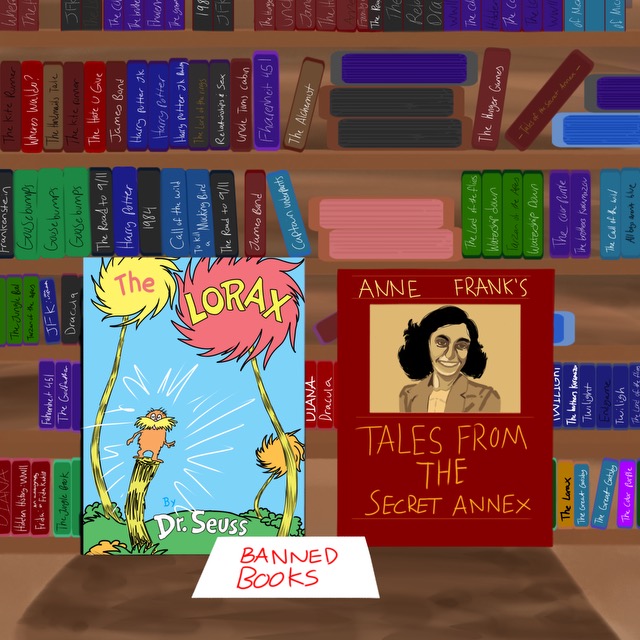
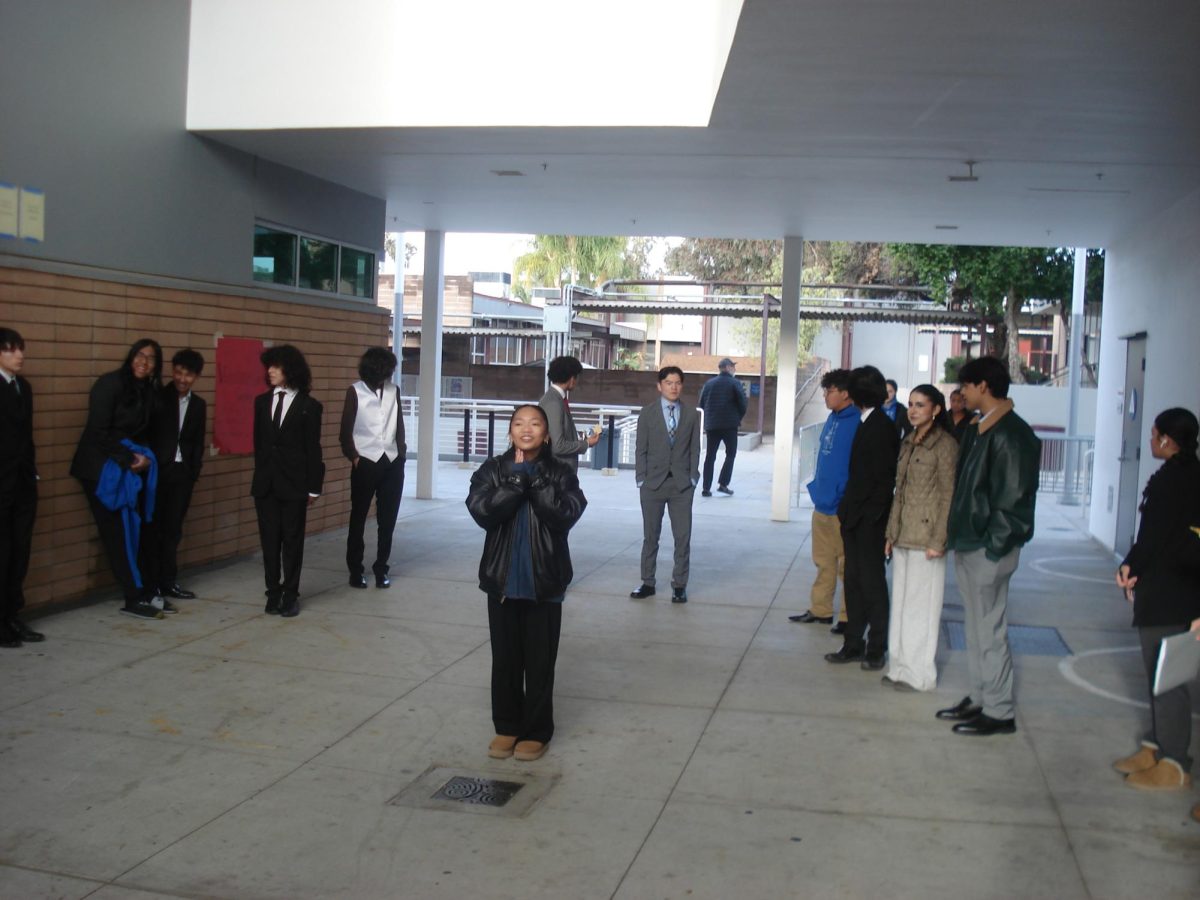

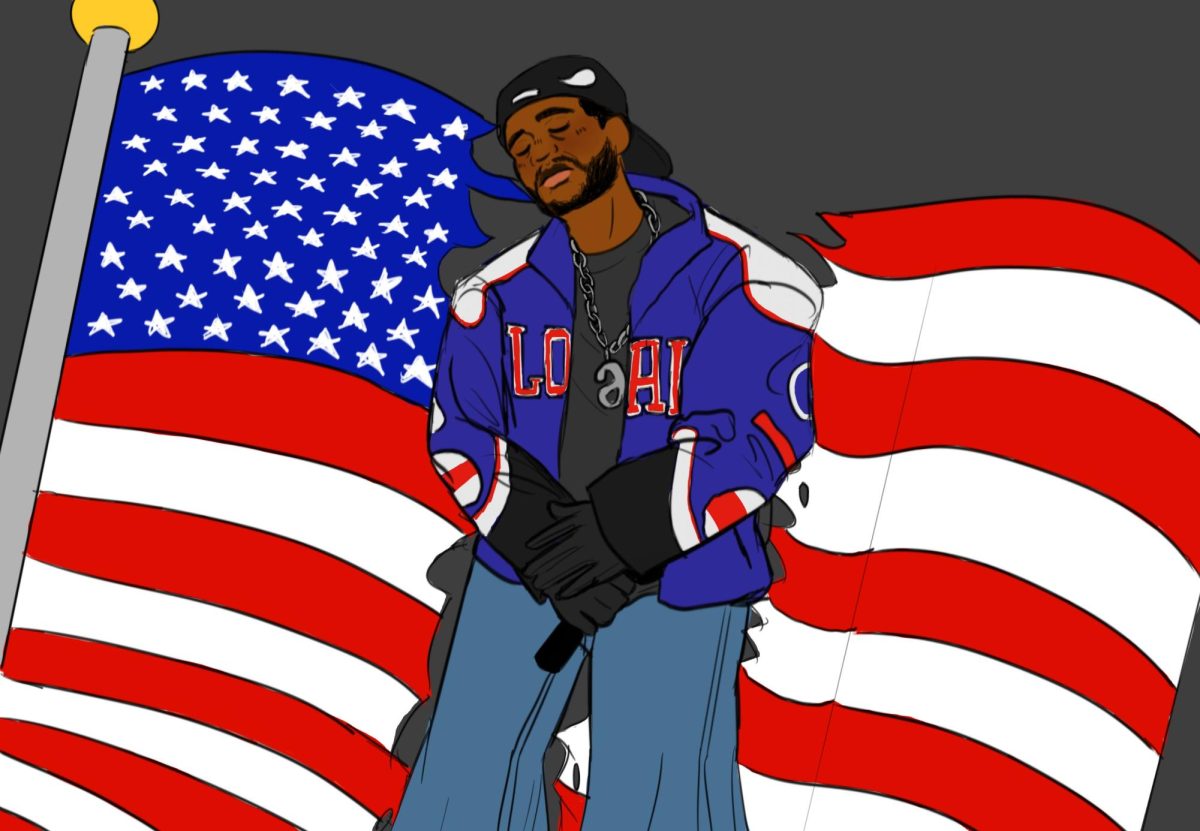
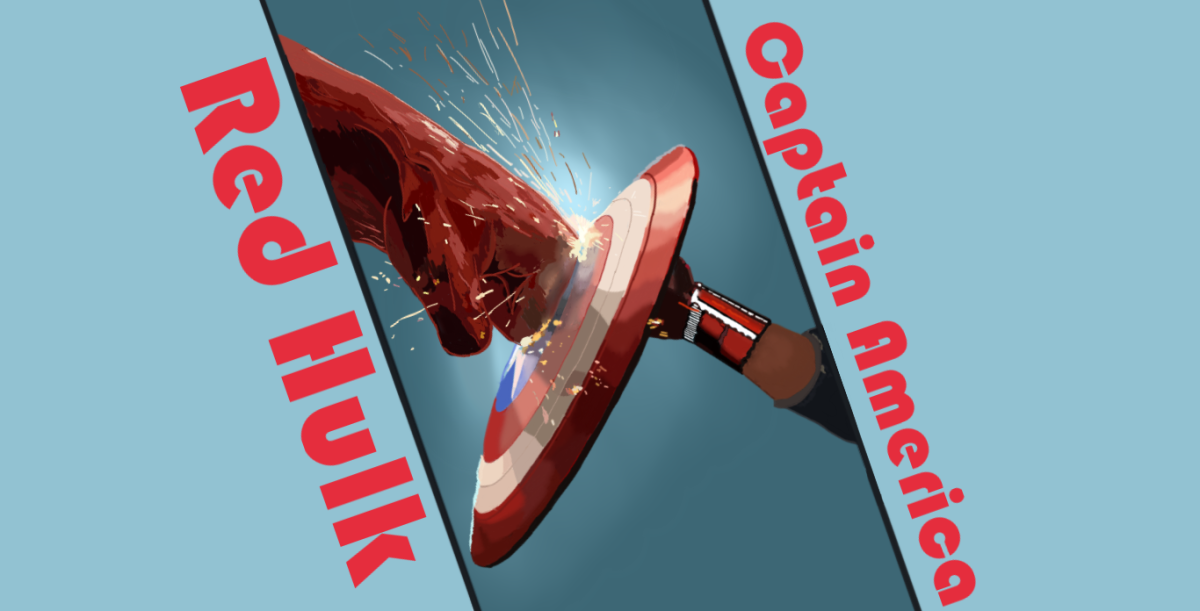
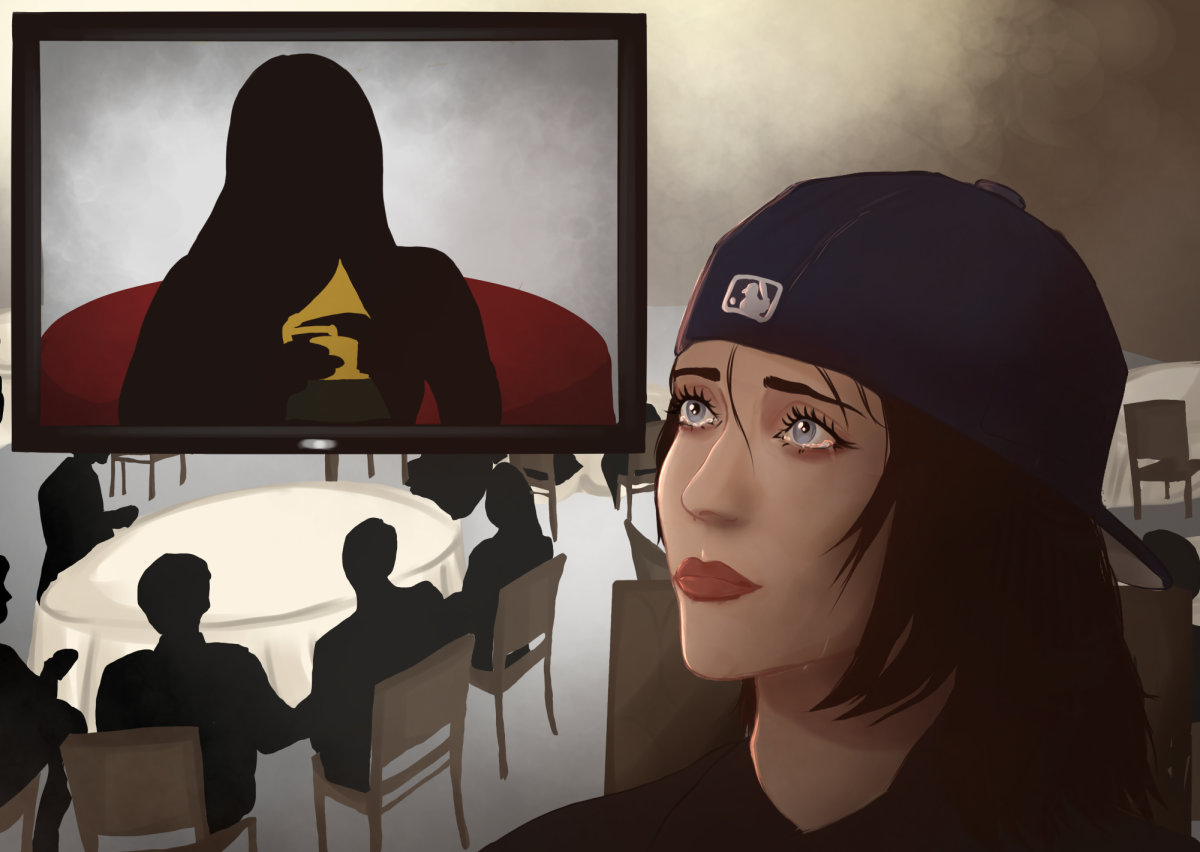
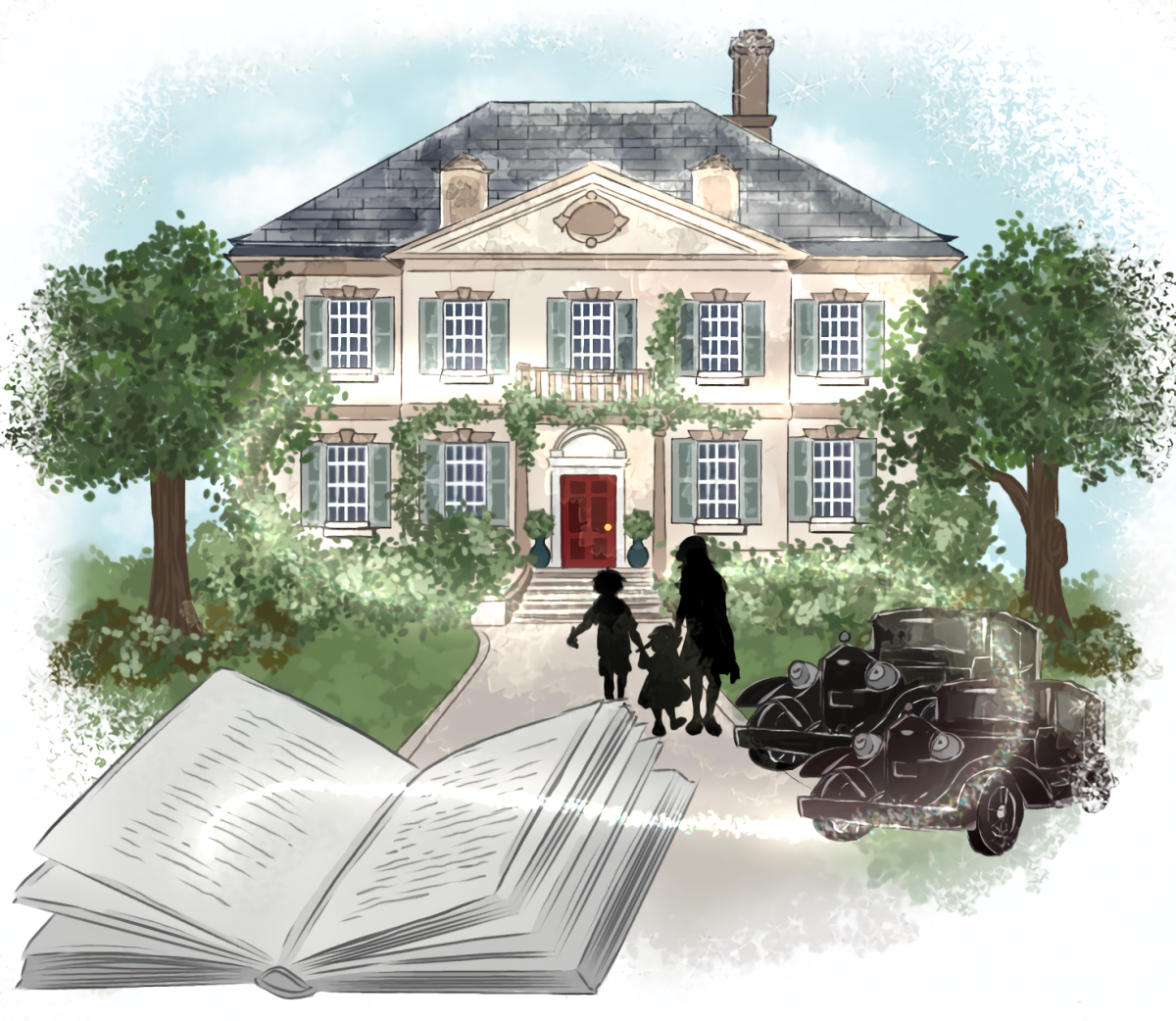
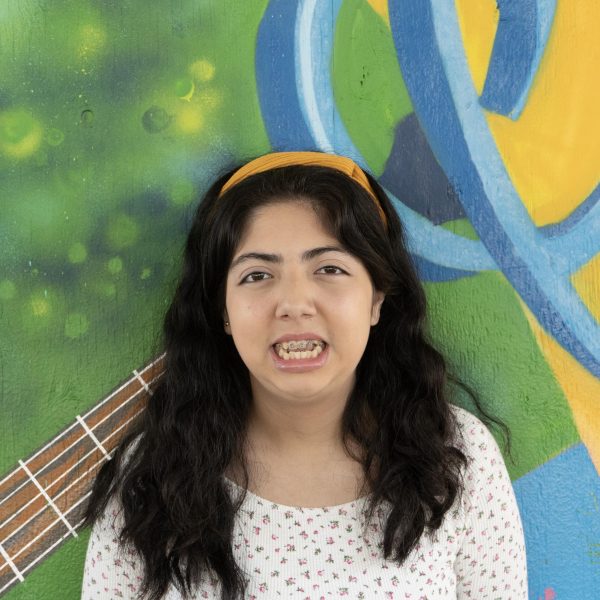

Adrienne Marriott • Feb 27, 2025 at 9:02 am
This is a really well done article. I’m going to share it.